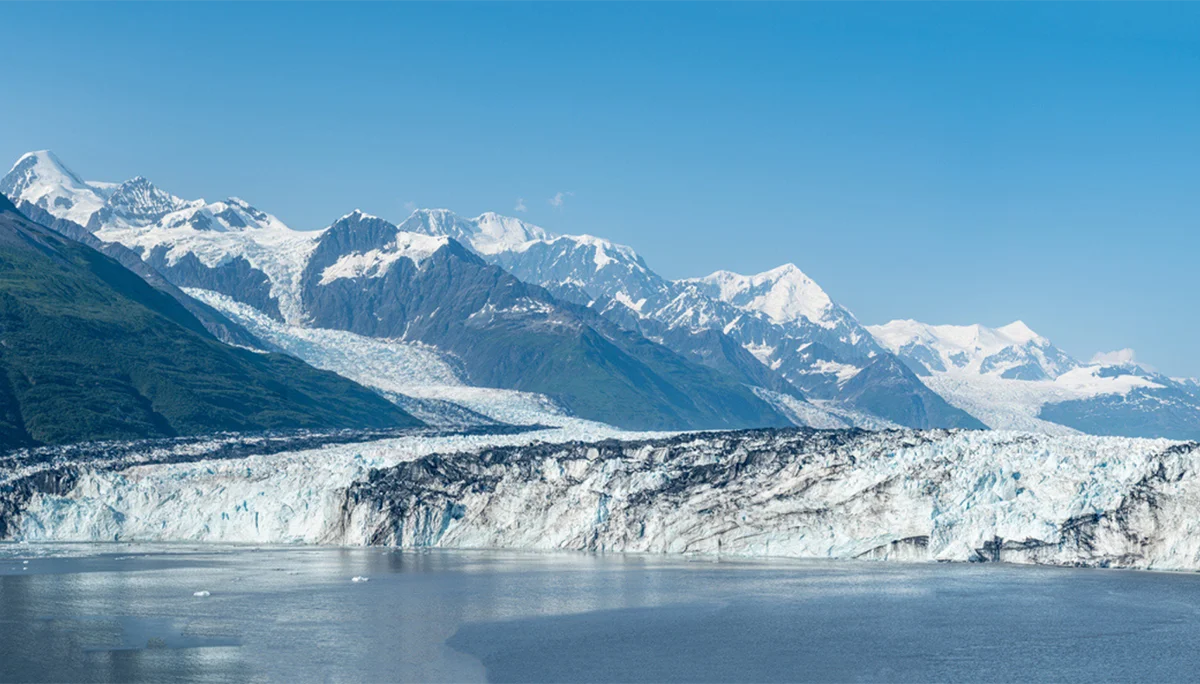World Water Day 2025: CEC Launches New Portal on Indigenous Approaches to Freshwater Management in North America
For many Indigenous Peoples across North America, water is sacred and central to the spiritual, cultural and personal aspects of life. Modern governance of freshwater across North America impacts these longstanding and ongoing relationships to water and to the economic viability of traditional lifestyles. The knowledge generated from these holistic relationships, along with the transfer of intergenerational knowledge, can inform modern approaches to the sustainable management of freshwater resources.
On this World Water Day 2025, the Commission for Environmental Cooperation (CEC) is proud to launch a new portal on Indigenous Approaches to Freshwater Management in North America. By bringing together insights, testimonies and knowledge, this portal documents diverse Indigenous approaches, challenges and relationships to freshwater, and provides recommendations to decision-makers on how to better consider and respect Indigenous rights and Traditional Ecological Knowledge (TEK).
This portal is one of CEC’s projects led by the Traditional Ecological Knowledge Expert Group (TEKEG) and focuses on documenting the approaches and TEK used by Indigenous Peoples and communities that are related to freshwater management. The recommendations developed by and with Indigenous Peoples throughout our work have consistently noted that when Indigenous Knowledge Systems, stewardship practices and rights to freshwater are considered from the outset and incorporated into freshwater management strategies, Indigenous Peoples can be leaders in helping to keep water clean and safe for generations to come.
The portal showcases:
- Three case studies, one each from Canada, Mexico and the United States, examine the diverse freshwater contexts, issues and approaches of Indigenous Peoples across North America. From the glaciers of Alaska to the jaltunes of Campeche and the Red River and lakes of Manitoba, the videos produced capture the perspectives of Indigenous communities on freshwater, emphasizing their deep connections to the land and water.
- An Online Knowledge Dialogue on Applying Indigenous Knowledge in Water Management: Models of Best Practice. This event served as a space for Indigenous Peoples across North America to share their priorities, experiences and relationships with freshwater. Selected cases highlighted the use, application, and significance of Indigenous Knowledge Systems (tools, approaches and methods) within the context of freshwater management.
- An Indigenous-led Trinational Forum on Indigenous Approaches to Freshwater Management in North America, which took place in Oaxaca, Mexico. The event focused on Indigenous perspectives and stewardship practices in freshwater management, the vital role of TEK and the intersection of Indigenous rights in freshwater management across Canada, Mexico and the United States. Key issues included the growing North American consensus that TEK and Indigenous Knowledge Systems are passed down through generations and expressed knowledge values and skills that Indigenous Peoples have relied upon since time immemorial.
World Day for Glaciers, World Water Day, and the International Year of Glaciers’ Preservation
This year is critical for glacier conservation, marked by the first UN World Day for Glaciers on 21 March, World Water Day 2025’s theme, “Glacier Preservation” and the 2025 International Year of Glaciers’ Preservation.
Glaciers and Earth’s frozen environments play a critical role in the stability of our global ecosystems. Glaciers store three-quarters of the planet’s freshwater, reflect solar heat back into space and help maintain healthy and sustainable ocean and air currents worldwide. However, pollution from fossil fuel emissions, methane gas from waste, soot from forest fires and harmful gases from air conditioners directly impact them. Their deterioration contributes to rising sea levels, which could displace hundreds of millions of people and threaten our freshwater supplies. Their disappearance can lead to extreme weather events, impacting communities, economies and ecosystems.
“As we celebrate the first World Day for Glaciers, we encourage you to think about the glacier nearest you and learn more about their contribution to ecosystems across the planet,” said Jorge Daniel Taillant, CEC Executive Director. “We all rely on glaciers. They supply water for our homes, crops and industries. We can all help protect them by using cleaner energy, reducing waste and making more sustainable lifestyle choices.”
Join us in celebrating World Day for Glaciers and World Water Day and explore our new Portal on Indigenous Approaches to Freshwater Management in North America today.
If you would like to know more about CEC initiatives, opportunities and efforts, you can sign up for our newsletter and follow us on social media.

About the CEC
The Commission for Environmental Cooperation (CEC) was established in 1994 by the governments of Canada, Mexico and the United States through the North American Agreement on Environmental Cooperation, a parallel environmental agreement to NAFTA. As of 2020, the CEC is recognized and maintained by the Environmental Cooperation Agreement, in parallel with the new Free Trade Agreement of North America. The CEC brings together a wide range of stakeholders, including the general public, Indigenous people, youth, nongovernmental organizations, academia, and the business sector, to seek solutions to protect North America’s shared environment while supporting sustainable development for the benefit of present and future generations
The CEC is governed and funded equally by the Government of Canada through Environment and Climate Change Canada, the Government of the United States of Mexico through the Secretaría de Medio Ambiente y Recursos Naturales, and the Government of the United States of America through the Environmental Protection Agency.